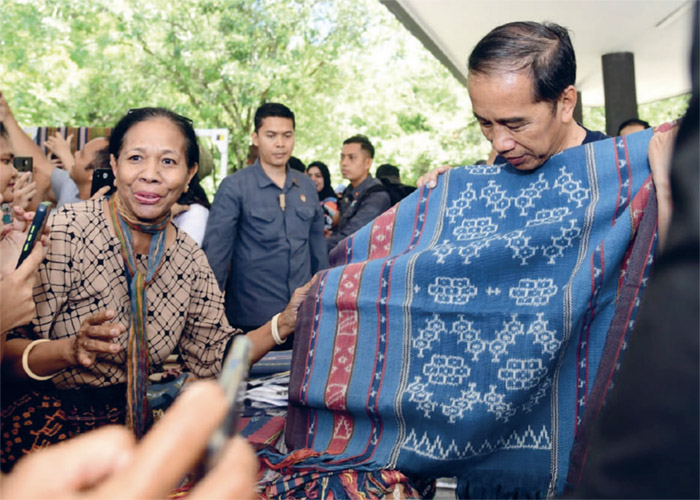
Problems resulting from global disruption need to be tackled through cross-sectoral initiatives, enabled by: (1) Stakeholder coordination in the agricultural sector (food production and availability); (2) Trade facilitation to ensure smooth flow of goods and protect against regional supply chain disruptions; and (3) Logistics systems to ensure smooth distribution of food and agricultural products.
Cross-sectoral collaboration to strengthen food security is carried out within the framework of building resilient and sustainable regional supply chains, with particular aim to prepare for potential disruptions due to global dynamics, such as climate change, pandemic and geopolitical tensions.
This calls for concrete collaborative measures, among others being: (1) AMAF to guarantee food production and supply; (2) ATM to ensure the smooth flow of sustainable food and agricultural products; and (3) AEM to facilitate trade and a food supply chain. In addition, efforts should be made to encourage strategic collaboration with dialogue partners in the future.
The following timeline describes the entire process from the preparatory stages up to the adoption of an ASEAN Leaders’ Declaration:
January-March:
• Zero Draft of ASEAN Leader’s Declaration for the consideration of AFSRB.
• Implementation of ASEAN Conference on Food Security.
• Drafting of ASEAN Leaders’ Declaration.
April-June:
Draft declaration circulated to relevant Working Groups for input.
July-October:
Draft declaration finalized by AFSRB and submitted to AMAF Senior Officials Meeting following approval.
September-October:
Declaration submitted to AMAF for endorsement.
October-November:
Declaration conveyed to ASEAN Summit for adoption.
Infrastructure and facility readiness
The success of Indonesia’s G20 Presidency in 2022 shows that the country has what it takes in terms of capacity and infrastructure to host such a high-profile global event. Thus, Indonesia’s readiness to host an ASEAN Summit can be said to be optimal in terms of infrastructure, facilities, security and other technical aspects.
According to the Foreign Ministry, there will be eight meeting agenda, including the meetings of ASEAN leaders with Parliament, along with youth, business and high-level task forces. It will also incorporate two formats — plenary and retreat.

